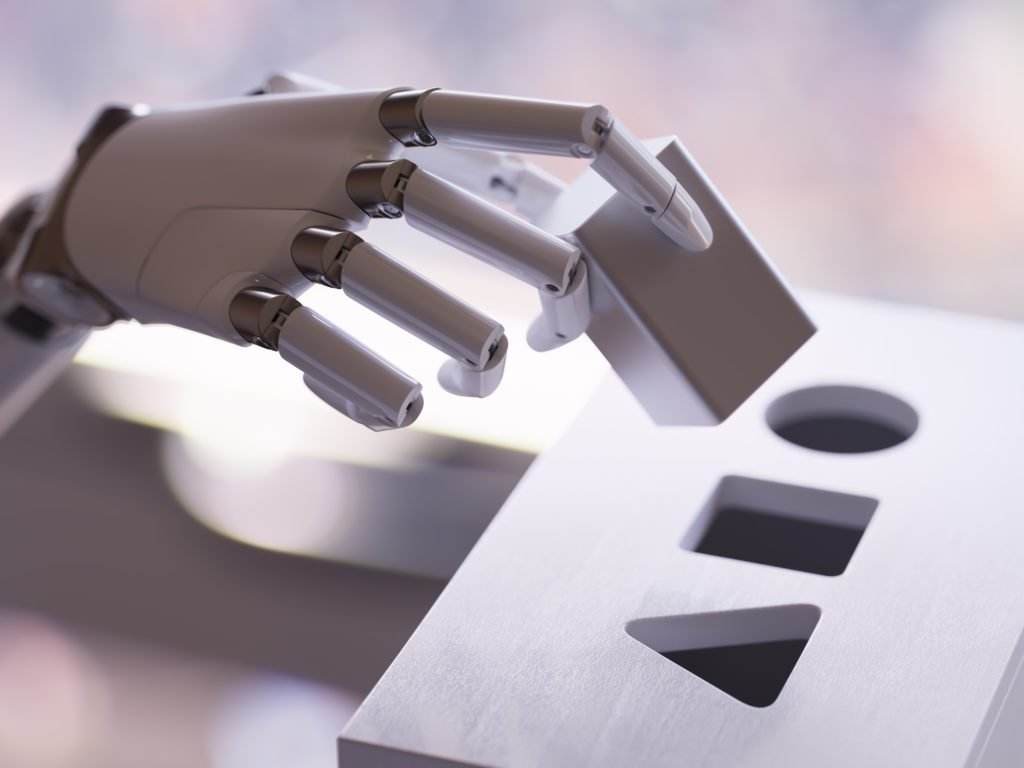Last updated on March 22nd, 2024 at 06:19 am
Last Updated on 2 years ago by Imarticus Learning
Artificial Intelligence is turning out to be an integral part of every part of businesses and human lives at a surprisingly faster pace. As much as it is transforming lives and processing easier, it comes with its share of drawbacks.
The topic here is the ethical and fair side of AI that has already proven to be a problem even for the big giants like Amazon and Apple. So the question here is how to rectify the problem without compromising the usefulness of AI.
In order to solve the issue, it is important to understand the difference between ethical AI and fair AI. Although they are not much different from each other, knowing the thin thread that separates them is crucial.
The dilemma of ethical AI
While AI algorithms help replace several tasks which usually the human mind accomplishes, there are several pressing issues regarding the ethical outcomes it causes. Both AI and Machine learning requires data that is fed manually, there is still no definite criteria on what qualifies as non-biased that leads to an ethical result.
If the algorithm leads to an unwanted advantage for anyone while someone else ends up on the receiving end it is considered unethical. The problem is defining what are ethical terms and what constitutes unethical. To solve this issue, leading brands have slowed down their progress with regard to the AI development in their business end.
An ethical AI will be the one that can accomplish ethical prediction and quality outcomes without impacting humans in one way or the other.
When is it a fair AI?
When it comes to fairness in AI predictions and outcomes, it is all about perceptions. A fair decision to one might appear unfair to another. So it is not easy to judge the AI program as unfair or fair.
While there are several issues with the unfair outcome of AI programs, what it really needs is a smarter and sensible approach.
- It needs cooperation between humans and the AI system to evaluate and judge fairness. The employees need to be more intuitive and apply more common sense to do the job well.
- As humane as AI seems to be it needs a bit more humanity than already has. Here, it is the company’s choices and values that can be used to determine the fairness in the AI system under development or use.
- While creating the algorithms even the smallest factor and the most unimportant aspect should also be considered to create a more effective filter. This approach prevents a wider range of unethical and unfair decisions by the AI system.
The future of ethical AI
Owing to the past mistakes in the field of AI, many of the Artificial Intelligence training courses are trying to include a moral side in their curriculum. Since most of the unfair decisions by the machine is due to the social and economical perception by the humans, it needs correction right from the root level.
 In order to pursue an Artificial Intelligence career, one must start thinking ethically and be able to decide between what is fair and unfair for the right matters. This is where critical thinking comes in handy.
In order to pursue an Artificial Intelligence career, one must start thinking ethically and be able to decide between what is fair and unfair for the right matters. This is where critical thinking comes in handy.
Though it is difficult to create a Fair AI, it is easier with Ethical AI as long as it does not cause a clear bias with many factors in consideration.
Conclusion
What it shows is that machines can only impersonate humans and they are yet to reach that feat emotionally and for logical thinking capability. For them to reach that point, humans must change their views, perceptions, and work ethics.

